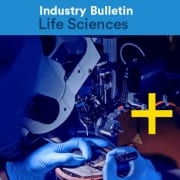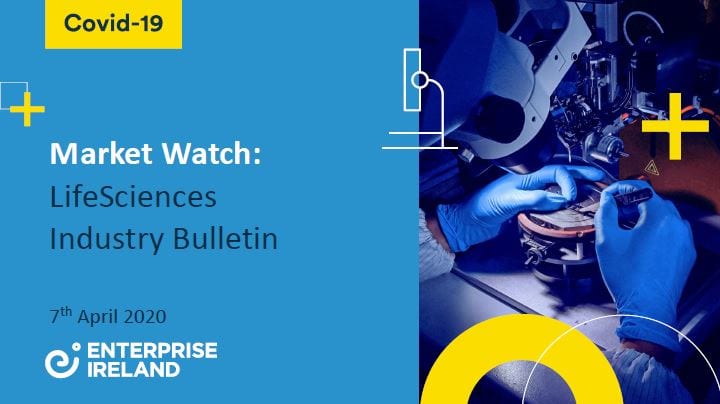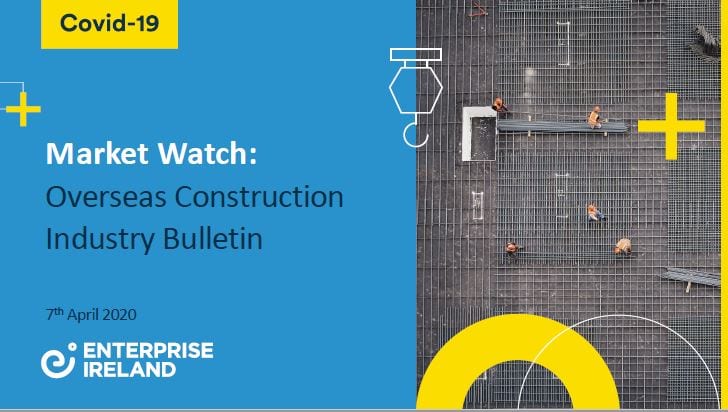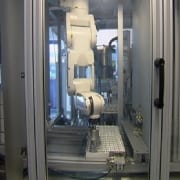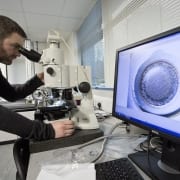Managing supply chain risk
Global supply chains have been stretched to breaking point as a result of the COVID-19 pandemic. Enforced closures of companies, coupled with newly imposed border controls and other issues, have had a severe impact on many Irish businesses.
There are steps that can be taken to mitigate those effects, according to Shirlee Kelly, a strategic sourcing consultant with IDDEA, a strategic procurement consulting company.
“In Ireland, many companies rely on just-in-time delivery for the supply of goods and services, and the success of this strategy is dependent on highly integrated and efficient supply chains,” Kelly points out. “The availability of labour may impact on supply chains, while government actions may lead to delays in physically moving materials from location to location as well as at ports and across borders.”
As a first step, she advises businesses to assess their supply chain risks and identify those critical suppliers that can have a detrimental impact on the business. “Businesses should conduct a health check on their critical supply chains,” she says.
Start by looking at internal data.
-
Who are the high-spend, high-impact suppliers?
-
What are the immediate risks that you need to plan for?
-
How will you address any lack of supply?
-
What are the steps you need to take to ensure that you continue to meet your contractual obligations with customers?
Contingency Planning
The next step is contingency planning. “These plans may include, finding alternatives to normal supply routes, investing time in discovering and conditioning new suppliers,” Kelly advises. “Companies may need to change their sourcing strategies to include a more local approach. If companies are dependent on one supplier, they need to put measures in place to make sure they have sufficient stock and ensure business continuance. It is important for businesses of all sizes to build resilience across their supply channels and keep their key customers informed of the work they are doing to meet demand.”
Good supplier management is essential in order to reduce the potential impacts of supply chain disruption. “You may have 500 suppliers, so it is not possible to manage every supplier in the same way,” Kelly notes. “We use the Kraljic Matrix to categorise suppliers by the value you spend with them and the risk they pose to your ongoing operations.”
This matrix reveals those suppliers who are strategically important by evaluating them against their value to the bottom line and the risks of a disruption affecting their performance. High-value, high-risk suppliers clearly need careful management, as indeed do those in the low-value, high-risk quadrant who are defined as bottlenecks.
Supplier management begins with information.
“Capture all appropriate data about your critical suppliers, and use this information to drive value for your organisation. Using tools such as Porters Five Forces and PESTEL analysis as part of your market research, will allow you to assess and evaluate the external factors which may affect your industry and business operations.” says Kelly.
The data analysed, and the knowledge gained, forms the basis of your supplier performance management. “Ensure you have a scorecard in place to allow you measure supplier performance? What metrics do you use and are they aligned with what you are trying to achieve in your overall business strategy?”
“It is important that strategic suppliers work with you on risk management strategies,” she adds.
Those risk management plans should be based on four key elements – awareness, impact, mitigation, and contingency planning.
“Awareness is about understanding the probability and potential impact of the risk,” Kelly explains. “The goal of risk management is to recognise, reduce or mitigate the likelihood of risk. The objective is to identify procedures for managing all stages of risk, this includes, disruption – interruption, response, recovery and restoration of service.
She concludes by pointing out that doing nothing is not an option. “Companies need to act now, investigate the opportunities in your data, identify your key supply partners and work together on problem resolution. Treat key suppliers as an extension of the business and find out how you can support each other. Irish businesses are very good at working together in difficult times. Government bodies such as Enterprise Ireland are a great resource for information on the various supports available to Irish businesses. The companies I am currently working with are sharing information with their supply base and this is helping to ease supply chain problems.”



